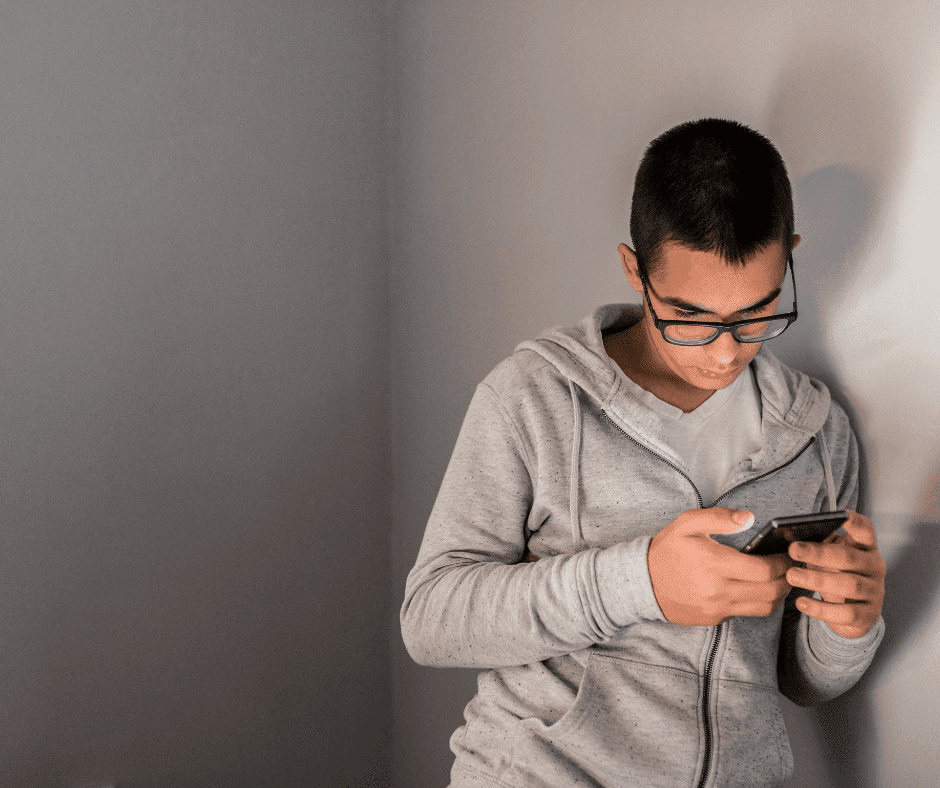It’s no secret that social media has changed the way we communicate and connect with each other. But what is less talked about is how social media can affect our mental health. There are a lot of positives to social media. It’s a great way to stay connected with friends and family, especially if you live far away. It’s also a great way to meet new people with similar interests. However, there are also some negatives to social media. The constant comparison of our own lives to others can lead to feelings of inadequacy and jealousy. The pressure to be available 24/7 can lead to anxiety and burnout. And constant exposure to negative news can lead to feelings of depression and anxiety.
So how is it happening? Let’s explore the effects of social media on mental health together!
Does social media affect mental health?
The relationship between social media and mental health is a complicated one. Social media can have both positive and negative social media effects on mental health.
On the one hand, social media can provide a valuable way for people to connect with each other and share important information.
On the other hand, social media can also be a source of anxiety and stress. The way that social media affects mental health depends on a number of factors, including how it is used, how often it is used, and the individual’s personal circumstances. Some people find that social media is a helpful way to stay connected with friends and family. For people who are shy or have social anxiety, social media can be a way to connect with others without having to face-to-face. Social media can also be a valuable resource for people who are dealing with mental health issues.
However, social media can also have negative effects on mental health. The constant flow of information and the pressure to be available 24/7 can lead to anxiety and stress. Social media can also be a breeding ground for negative comparison and self-doubt.
How can social media affect mental health?
In the past decade, social media has changed the way we communicate, interact, and connect with others. We now have the ability to connect with anyone, anywhere, at any time. While social media can have many positive effects, it can also have a negative impact on our mental health. There are a number of ways social media can affect mental health.
- First, social media can create feelings of envy, jealousy, and inadequacy. When we see our friends and acquaintances living their best lives on social media, it’s easy to compare our own lives to theirs and feel like we’re falling short. This can lead to negative feelings and low self-esteem.
- Second, social media can be a breeding ground for cyberbullying. With the anonymity that social media provides, people can say and do things they wouldn’t normally do in person. This can lead to hurtful and sometimes even dangerous consequences for the victim.
- Third, social media can cause us to develop unrealistic expectations. We see the highlight reel of everyone else’s life and we compare it to the behind-the-scenes footage of our own lives. This can leave us feeling disappointed, discouraged, and like we’re not good enough.
- Fourth, social media can be addictive. The constant need to check for updates, likes, and comments can lead to an addiction that can interfere with work, school, and our personal lives.
- Finally, social media can increase feelings of loneliness and isolation. When we’re constantly interacting with people online, we can start to feel disconnected from the people around us. We may start to feel like we don’t belong or like we don’t have anyone to talk to.
Solution for social media addiction

The way we use social media can have a big impact on our mental health. If we’re not careful, it can lead to feelings of isolation, anxiety, and depression. But there are steps we can take to minimize the negative impact of social media on our mental health. Here are four tips for using social media without harming your mental health:
1. Be mindful of the time you spend on social media
It’s easy to get lost in the world of social media and spend hours scrolling through our feeds. But if we’re not careful, this can lead to feelings of envy and comparison. It can also make us feel like we’re not doing enough with our lives. To avoid these negative feelings, it’s important to be mindful of the time we spend on social media. Try to limit yourself to 30 minutes per day, and use that time to connect with friends and family or to find interesting content that adds value to your life.
Also Read: Easy drawing ideas for beginners
2. Be choosy about who you follow
The people and accounts you follow on social media can have a big impact on your mental health. If you’re following people who make you feel bad about yourself, it’s time to unfollow them. Instead, fill your feed with positive, uplifting content from people who make you feel good. This could be friends, family members, or accounts that inspire you.
3. Take a break from social media
If you’re finding that social media is having a negative impact on your mental health, it might be time to take a break. This doesn’t mean you have to delete your accounts, but you could take a few days or weeks off to give yourself a break. During this time, focus on doing things that make you happy and spending time with people who make you feel good. This will help you remember that there’s more to life than social media.
4. Be honest with yourself
It’s important, to be honest with yourself about how social media is affecting your mental health. If you’re finding that it’s making you feel anxious, stressed, or depressed, it might be time to reassess your relationship with it. It’s also important to remember that social media is not a real representation of life. Don’t compare your life to the highlight reel you see on social media.
There is a growing body of evidence that suggests that social media and depression are connected in a way. This is particularly true for young people, who are more likely to suffer from anxiety, depression, and other mental health problems if they use social media excessively. It is important to be aware of the potential risks of social media and to use it in moderation. If you are concerned about your mental health, it is best to speak to a doctor or other professional.




